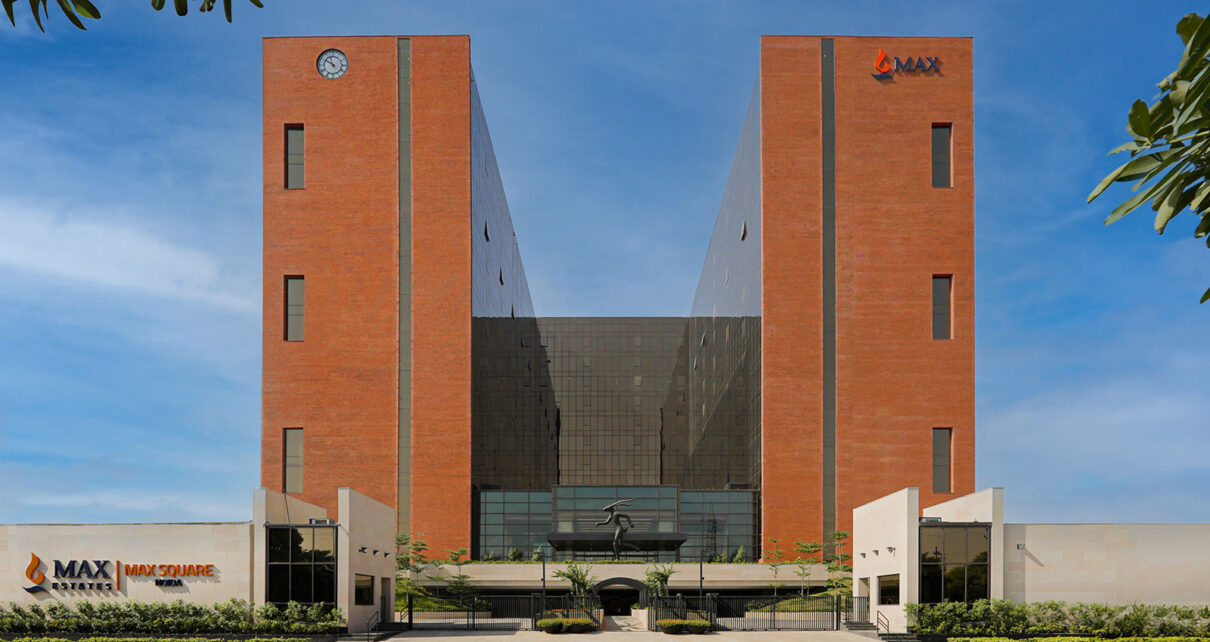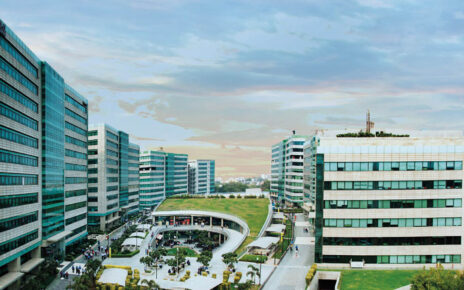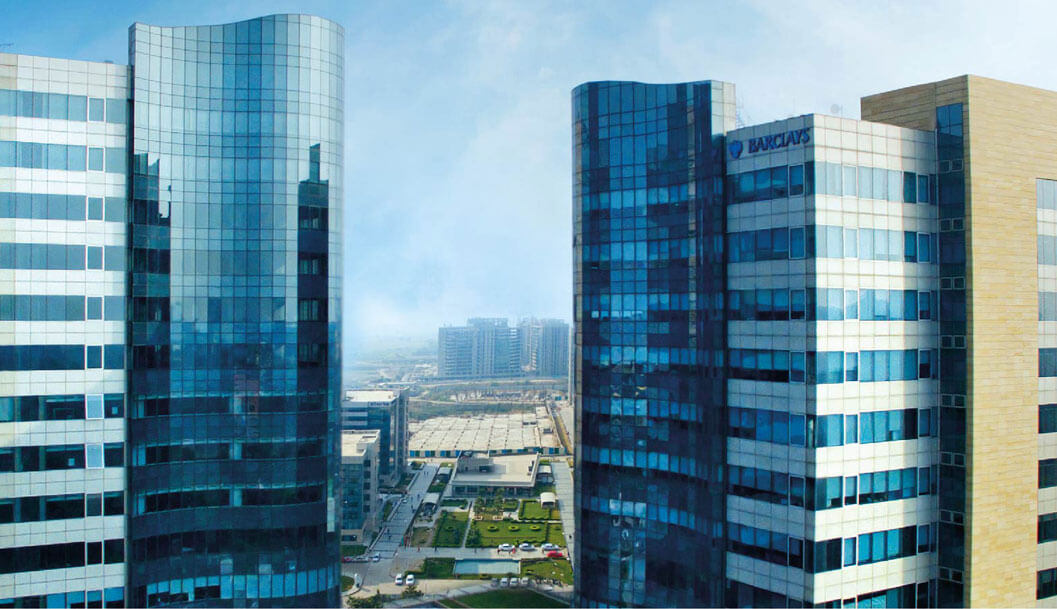In the ever-evolving realm of Indian commercial space leasing, real estate developers in India are confronted with crucial decisions that shape the trajectory of their projects. One such strategic choice gaining prominence is the adoption of long-term leasing. As these developers continually strive to meet the dynamic demands of businesses, a profound understanding of the advantages and challenges associated with long-term leasing becomes indispensable for fostering sustainability and growth. Let’s take a look at some of the prominent ones:
Advantages
Stable Income Streams
Long-term leasing provides real estate developers in India with a predictable and stable income stream. Securing tenants for an extended period ensures a steady cash flow, allowing developers to plan and execute projects with financial stability.
Reduced Vacancy Risks
Commercial spaces often face the challenge of high vacancy rates. Long-term leasing minimizes this risk, as tenants commit to occupying the space for an extended duration. This stability proves advantageous, especially in fluctuating market conditions.
Tenant Stability
Businesses benefit from long-term leases by establishing a stable base for their operations. This stability can improve productivity and long-term business planning, fostering a commitment and partnership between the tenant and the real estate developer.
Property Appreciation
Long-term leases can contribute to the appreciation of the property’s value. The commitment from established businesses enhances the property’s reputation, potentially attracting other reputable tenants and investors.
Drawbacks
Limited Flexibility
Long-term leases limit the flexibility of both tenants and real estate developers. Changing business needs or market dynamics may challenge adapting to evolving trends or technology. The fixed lease terms may lead to missed opportunities for both parties.
Market Fluctuations
The real estate market in India is susceptible to fluctuations influenced by economic, political, and global factors. Long-term leases may lock in rental rates not reflective of current market conditions, potentially resulting in missed revenue opportunities for developers.
Maintenance Responsibility
Long-term leases often place the responsibility of maintenance and repairs on the property developer. While this ensures proper upkeep, it can also lead to unexpected expenses that impact the developer’s profitability.
Tenant Relocation Challenges
In business expansion, contraction, or relocation, tenants may need help breaking a long-term lease. This could result in legal complexities and disputes, making it essential for developers to structure lease agreements to address potential contingencies carefully.
Navigating Long-Term Leasing in the Indian Context
Real estate developers in India are adopting innovative strategies to mitigate the challenges associated with long-term leasing. Offering flexible lease terms, periodic rent adjustments linked to market conditions, and incorporating scalability options are becoming common practices. This adaptability ensures that developers and tenants can effectively navigate market fluctuations and changing business landscapes.
Additionally, fostering open communication between developers and tenants is crucial. Regular reviews of lease agreements, clear clauses for potential changes, and collaboration on property enhancements contribute to a harmonious and mutually beneficial long-term leasing relationship.
In conclusion, long-term commercial space leasing in India presents many opportunities and challenges. Real estate developers must carefully weigh the advantages of stable income and tenant commitment against flexibility limitations and potential market risks. By adopting flexible and proactive approaches, developers can create a sustainable and vibrant ecosystem that aligns with the dynamic needs of businesses in the Indian context.


